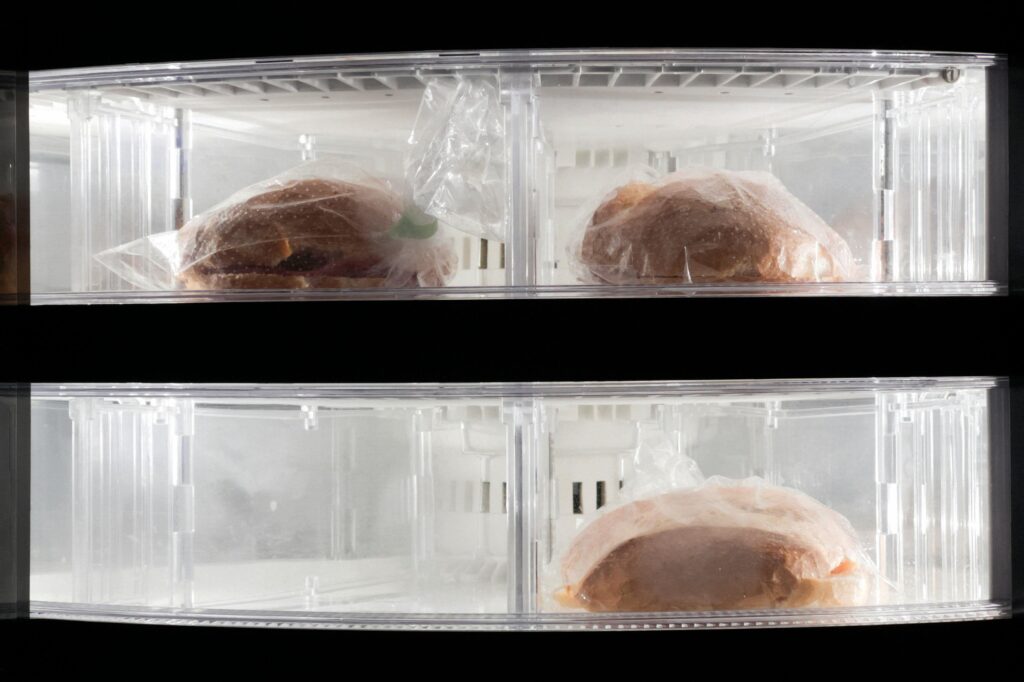2192591395: What Does It Mean?
Let’s get one thing straight: 2192591395 isn’t a random number in a vacuum. It typically shows up in contexts related to phone calls, tracking systems, or even machine identifiers. A lot of users have reported receiving missed calls from this number or spotting it on call logs and wondering what it means. Is it spam? Is it tied to a real entity? That’s where things get interesting.
On one hand, this could be a benign service number linked to an organization. On the other, it might be part of a call bot network or unsolicited communication system. The data isn’t conclusive, but reports remain consistent. People encounter the number. They don’t recognize it. And they search for answers.
Understanding Digital Footprints
When something like 2192591395 pops up, it highlights a core problem we continually face—unverified digital footprints. In a world flooded with data, we still lack sufficient insight into the origins and intents behind obscure digital markers like unidentified numbers.
Are we looking at robocalls? Spoofed caller IDs? Brands testing phonebased outreach? All are on the table. And that ambiguity generates anxiety. People want to know whether to ignore, block, or do a deeper dive.
Why Numbers Like This Stick Out
So, why does a 10digit number make waves? It boils down to pattern recognition. When something unfamiliar enters a user’s personal space—especially their phone screen—they react. Phones have become intimate tools. Recurring numbers that act unfamiliar are often treated as threats.
The spike in concern over numbers like 2192591395 can be directly linked to the rise of phishing scams and robocalls. People get one odd interaction and immediately turn to the internet. What was once a harmless call now raises red flags. That awareness is a good thing—but not everything strange is malicious by design.
How to Deal With Suspicious Numbers
Let’s break it down:
Don’t answer right away: If you don’t recognize a number—pause. Let it go to voicemail. Google it: Just like you’re reading this now, the internet’s a useful filter. If 2192591395 is widely reported, there’ll be context. Use reverse lookup tools: Several apps and web services track known scam numbers or offer identification clues. Block repeat offenders: If it calls more than once without reason or content, blocking is smart. Report suspicious behavior: You can report persistent spam or scamlike calls to your telecom provider or local authorities.
Handling unknown interactions with restraint prevents hassle.
Phone Number Scams Are Getting Smarter
Here’s something relevant—advanced call methods are being developed every day. Spoofing lets a scammer make a number appear like a local or trusted source. That’s part of why numbers like 2192591395 get attention. To the untrained eye, nothing seems off. Until patterns emerge.
Regulators are cracking down on robocall networks, but it’s far from solved. Scammers use software to cycle through random phone numbers or use existing datasets to pick ‘viable’ targets. That’s likely where identifiers like this fit in—tools in a bigger operation.
What Happens When You Call Back?
If you ever get curious (and it’s understandable), consider the risk before calling unknown numbers back. Sometimes the goal of these numbers isn’t to steal—but to earn. There are monetized callback lines that rack up premium fees once answered. And often, these businesses are setup overseas with murky legitimacy.
Calling back 2192591395 without verified context could be harmless—or it could ping your number to an insider list of ‘active users,’ increasing your chances of future targeting.
Defensive Tech You Can Use
You don’t have to sit back either. Here’s how to stay a step ahead:
Enable call filtering: Most smartphones let you silence calls from unknown numbers. Use authentication apps: Apps like Truecaller or Hiya filter out millions of unsolicited numbers before they ever hit your screen. Carrier support: Many mobile carriers, like Verizon or AT&T, offer free scam blocking depending on your plan.
No approach is 100% effective, but added layers reduce contact and reduce your digital exposure.
Community Reporting Works
Want to help others steer clear of nuisance calls? Logging suspicious numbers on communityrun boards or consumer protection forums can make a difference. The more reports numbers like 2192591395 receive, the quicker people can make informed decisions.
This type of collective intelsharing builds a healthier internet environment. Every single flag or forum post builds context for the next person who spots the number.
Final Thoughts: Don’t Panic, Just Prepare
Seeing strange numbers isn’t rare anymore. What matters is how you react. The number 2192591395 might not be harmful to you—but it still prompts a useful reminder: Be smart. Be calm. Be cautious.
In fastmoving digital spaces, acting with intention beats overreaction. Your privacy’s worth it.


 Nutrition Specialist
As a certified nutritionist, Victoria focuses on promoting healthy eating through balanced meal ideas. She is dedicated to empowering readers to make informed food choices and understand the benefits of nutrition. Victoria's articles feature practical tips and delicious recipes that cater to various dietary needs, making healthy eating accessible for everyone.
Nutrition Specialist
As a certified nutritionist, Victoria focuses on promoting healthy eating through balanced meal ideas. She is dedicated to empowering readers to make informed food choices and understand the benefits of nutrition. Victoria's articles feature practical tips and delicious recipes that cater to various dietary needs, making healthy eating accessible for everyone.
